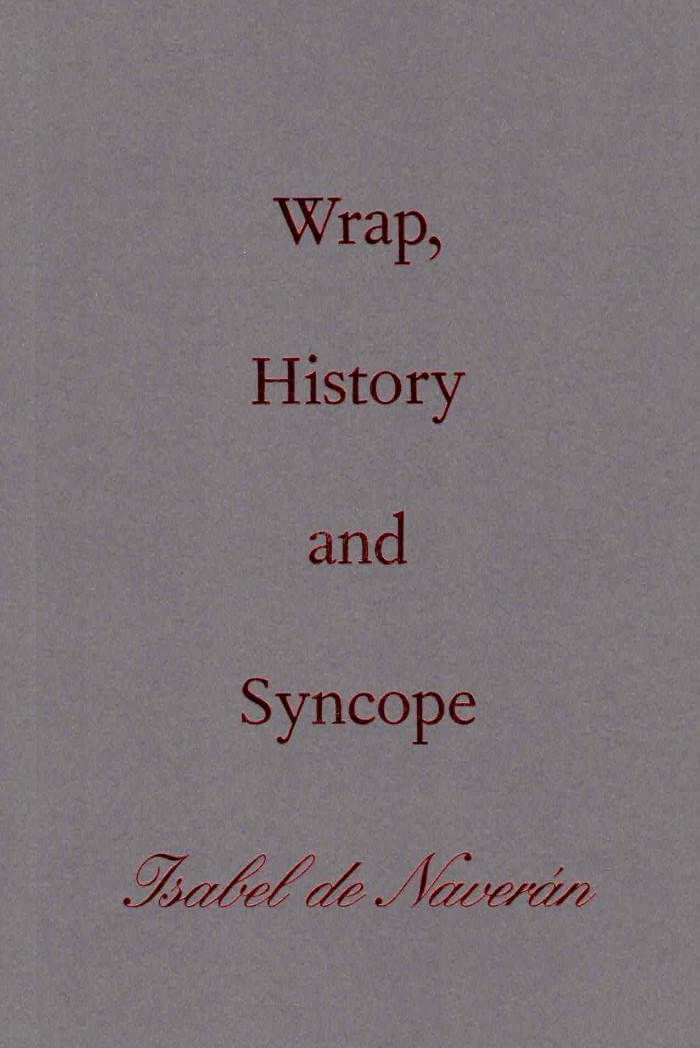
Kwetsbaarheid — Over raken en geraakt worden
Marlies De Munck en Pascal Gielen
In een competitief bestaan verbergen we onze zwakke plekken. Evaluatiedrift en de voortdurende dwang tot innoveren duwen mensen steeds verder weg in een bolster. Hoe danook gaan we allen als knoeiers door het leven, vindt Marlies De Munck. Ze roept daarom op tot openheid en mededogen. Want dat bolsteren hindert je om te raken. En om geraakt te worden. Pascal Gielen houdt een warm pleidooi voor een esthetische kunde: het vermogen via al onze zintuigen een rammelende en fragiele werkelijkheid toch als een samenhangend geheel te ervaren. Dat is de potentie van kunst en cultuur: om ons te verzoenen met een chaotisch en kwetsbaar leven.
Marlies De Munck is cultuurfilosofe. Ze is als docent verbonden aan het Departement Wijsbegeerte van de Universiteit Antwerpen en aan het KASK & Conservatorium in Gent. Als lid van het Culture Commons Quest Office (CCQO) aan het Antwerp Research Institute For the Arts (ARIA) doet ze onderzoek naar de gezondheid van cultuur.




